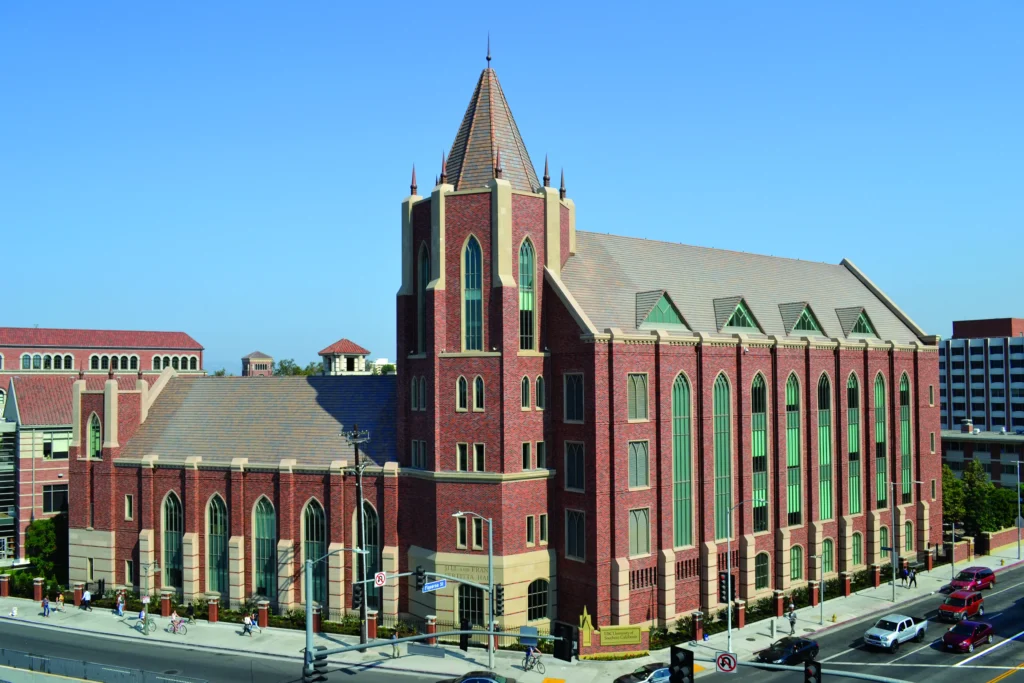
Whether you are working with brick, stone, or concrete block, the skill and precision of a mason can never be replaced by machines. In fact, the masonry industry is revitalizing its workforce by establishing apprenticeship programs across the state, including BAC Local 4 California and BAC Local 3 California. These programs are nurturing a new generation of skilled craftworkers, equipping them with the expertise not only to build new structures but also to preserve the charm of historic buildings.
Though rooted in history, the masonry industry is in the midst of an innovation boom. New tools, materials and construction strategies are improving masonry buildings’ efficiency, sustainability, and functionality. Keep reading to dive into the multifaceted realm of California masonry, spotlighting its applications in commercial and public projects.
Developments in material science have led to the creation of lighter, stronger, and more sustainable masonry products like the use of recycled materials in bricks and blocks, aerated concrete blocks for better insulation, and bricks that incorporate phase-change materials to enhance thermal regulation. Building Information Modeling (BIM) and other software tools are increasingly used in the masonry industry for better planning, visualization, and management of construction projects, allowing for more efficient design and construction processes.
New mortar and adhesive formulations offer faster curing times, greater bonding strength, and improved resistance to environmental factors like moisture and temperature changes. Additionally, there’s growing interest in embedding sensors in masonry units (smart bricks) to monitor structural health, temperature, humidity, and other environmental factors. This integration of the Internet of Things (IoT) technology allows for real-time monitoring and maintenance of masonry structures, enhancing safety and longevity.
Two new masonry certification programs — one for Masonry Laboratory Testing Technicians and the other for Masonry Field Testing Technicians — are now available. Developed by The American Concrete Institute (ACI), in cooperation with The Masonry Society (TMS) and other industry organizations, each certification program aims to improve the quality of masonry testing and recognize qualified technicians. Both exams include a written and performance portion. Technicians who complete either exam will receive a five-year certification from ACI for field or lab testing.
California’s masonry industry is undergoing a dynamic transformation, blending age-old craftsmanship with modern innovations. These advancements not only promise a more efficient and sustainable future for masonry, but also ensure the continuation of its rich heritage is evolving to meet the challenges of the 21st century, paving the way for a new era in construction and architectural design.